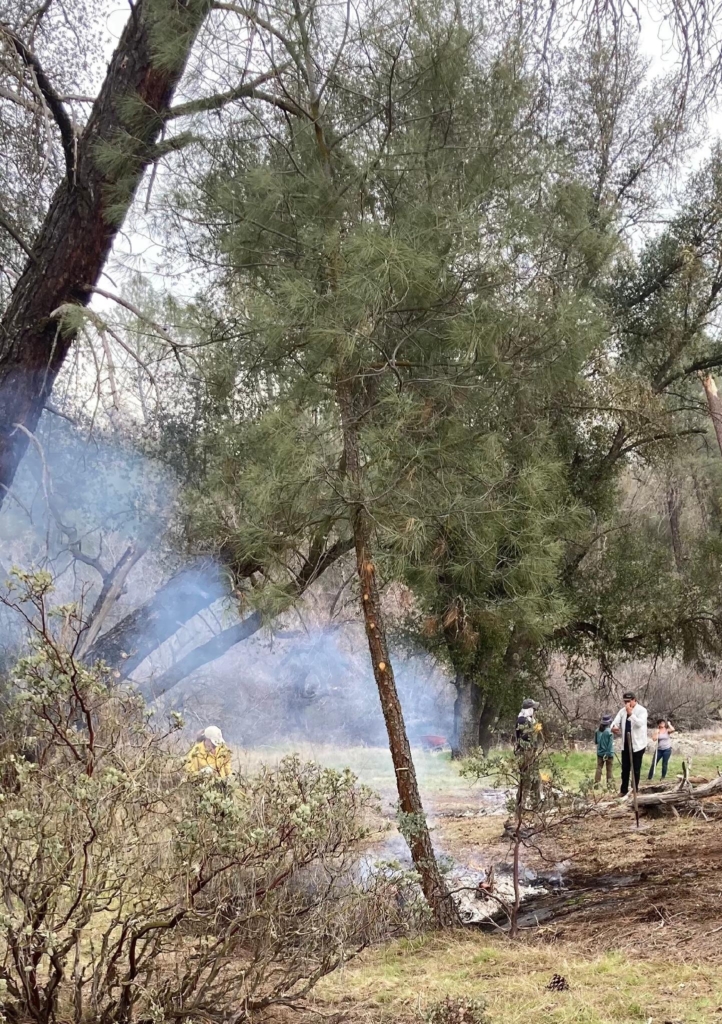
Design of Specialized Topics. 155.508
Course lecturer Anousheh Kehar
Focusing on constructing context in research, projects, and practices––this course will study what it entails, its uses, and ends. Understanding that context is not a given, during the course, we will be attentive to veneers and disciplinary boundaries to think critically about ways in which knowledge is produced.
Emphasizing possibilities of context making we will think together about abolition geography. While geography is understood as the relations of people, places, and things, abolition is understood as a theory of change, of transforming, and in which life is centered. Although the word abolition means ending or stopping something, for instance, carceral systems, the theory emphasizes thinking about what people and communities make and grow for living–in all its senses–instead of the oppressive systems shortening lives.
Geographer Ruth Wilson Gilmore proposes abolition geography–as a process of world-making; as presence; encompassing all life forms–humans, plants, water, social relations; supporting complex interdependent systems required for living; conditions in which life can flourish.It is an idea that goes by many names internationally.
During the semester, we will look at select regions starting with what is known as California, to study abolition geography. Forming analyses, questions, and more questions––thinking, making, and growing our processes. Observing and identifying what makes a specific place. What is visible and what is obscured? Together we will think with different forms of texts and short films about environments and habitats, ecosystems and resources, material production and movement, and social and cultural makings. These will inform the individual and group exercises (and your choice of media), contributing to a collective project (and installation) at the end of the semester.